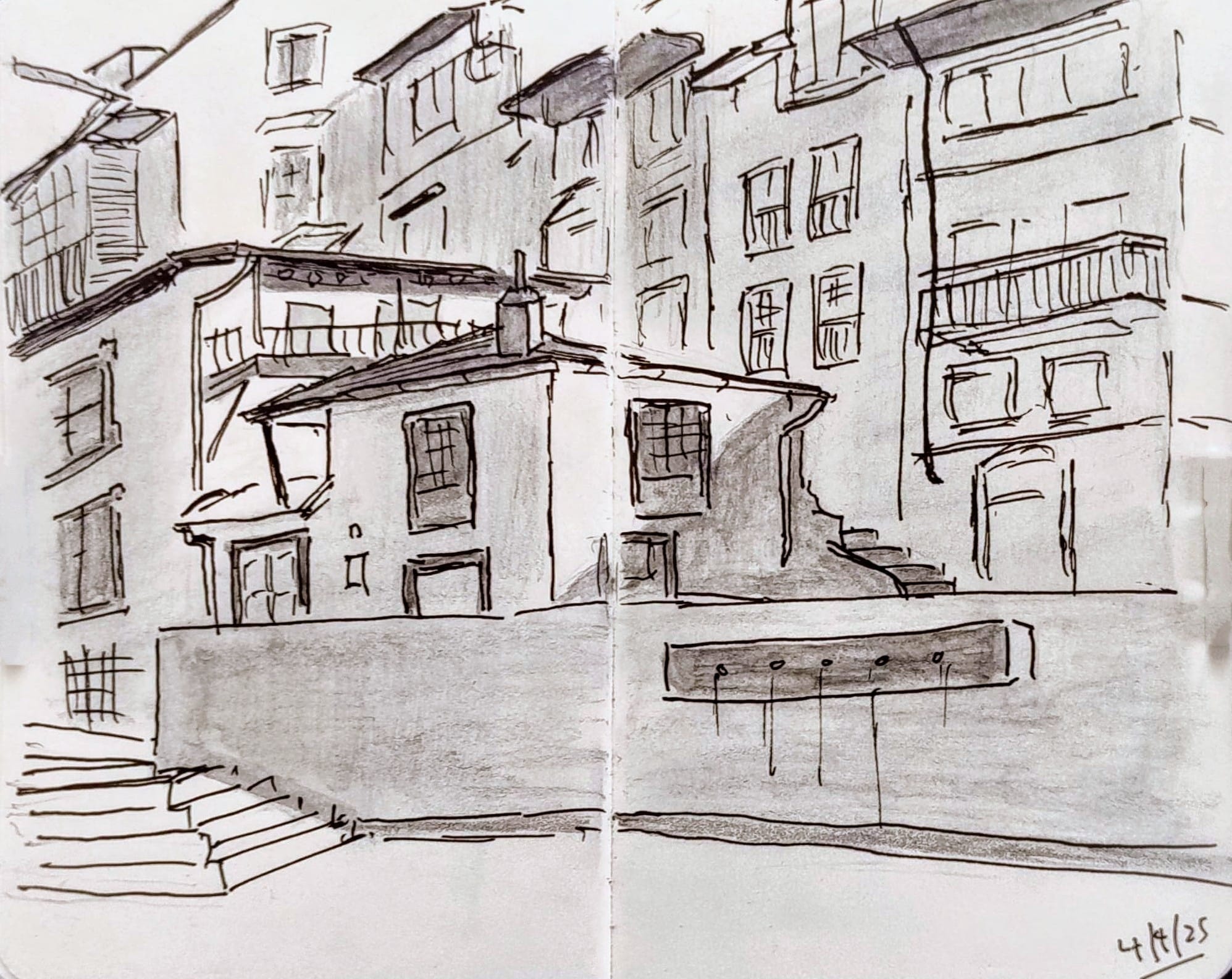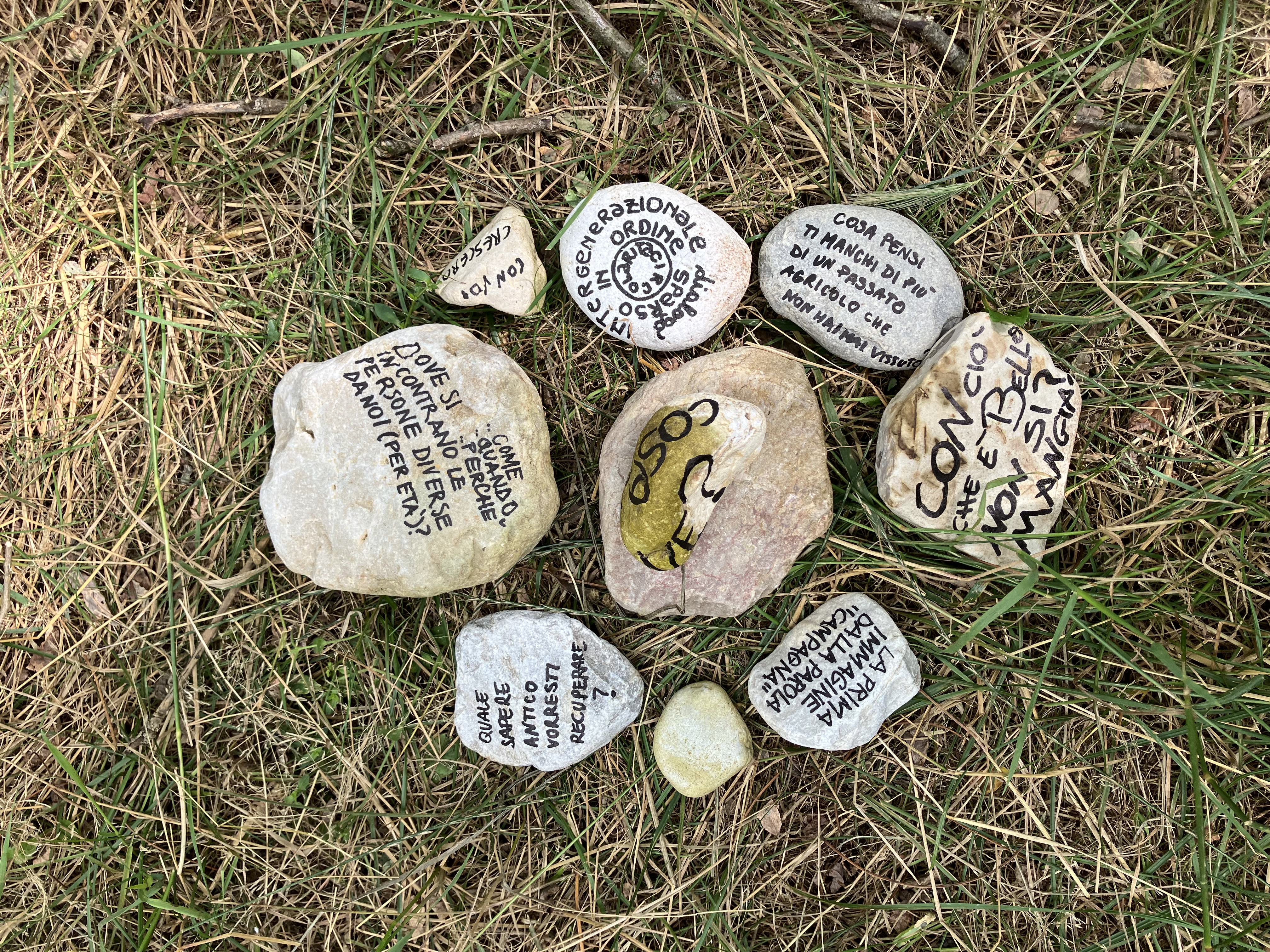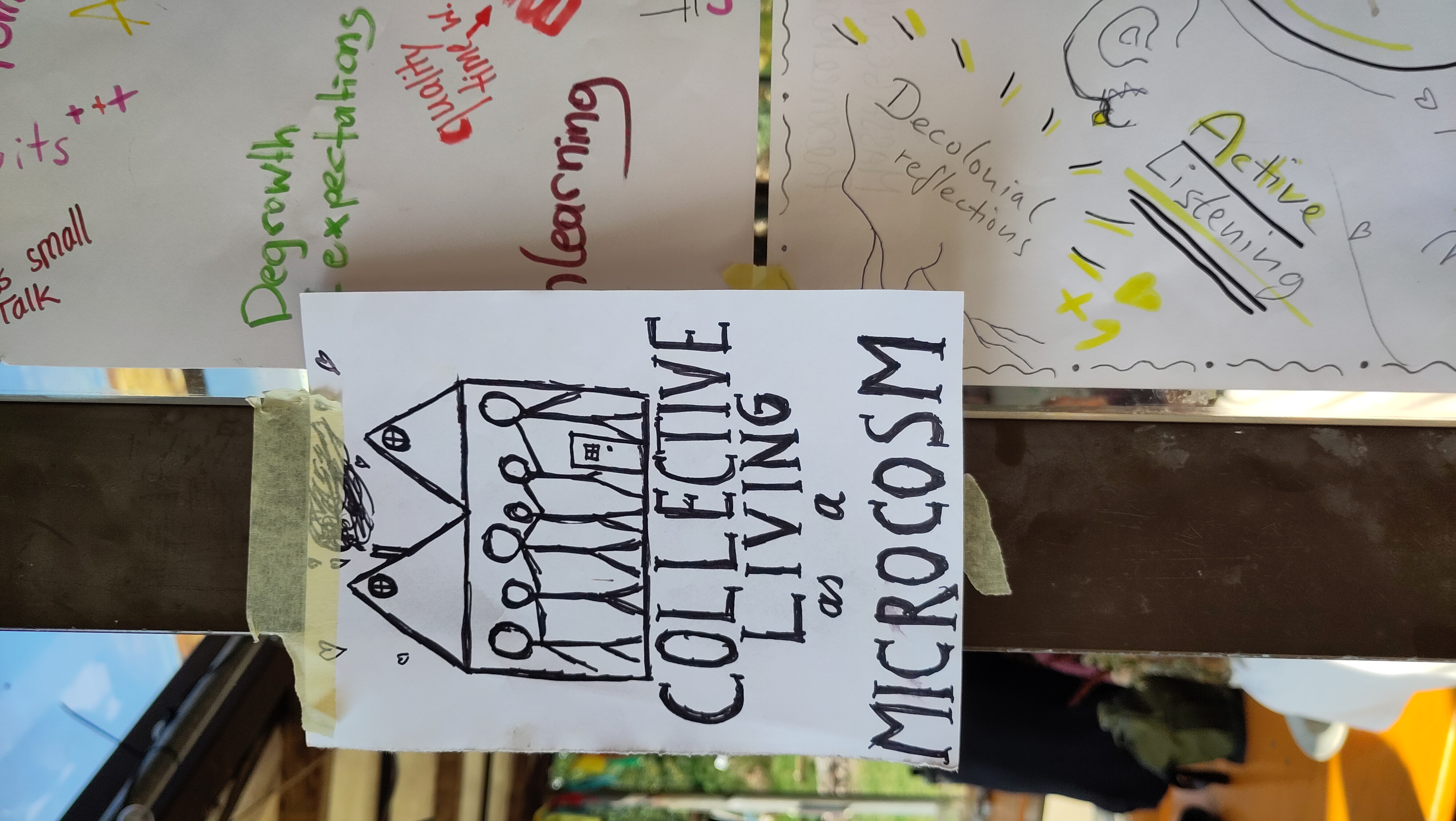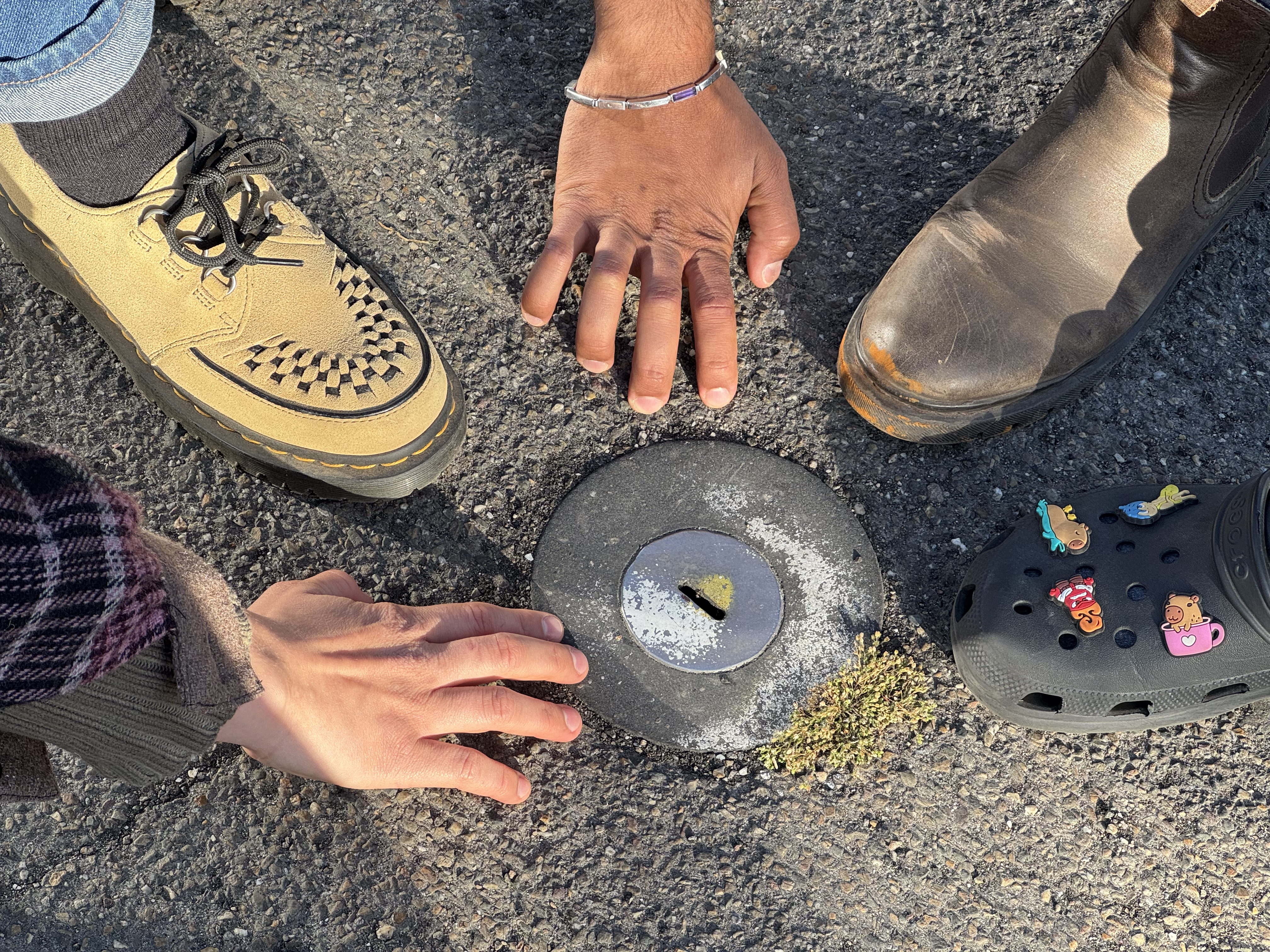SMELL IT AGAIN (2022)
Maker
Performer
Performer
Interactive performance based on the environmental
justice conflict of dumpsite pollution and waste pickers struggles in Phnom
Pehn and Siem Reap, Cambodia.
Access here the dossier.
Access here the dossier.
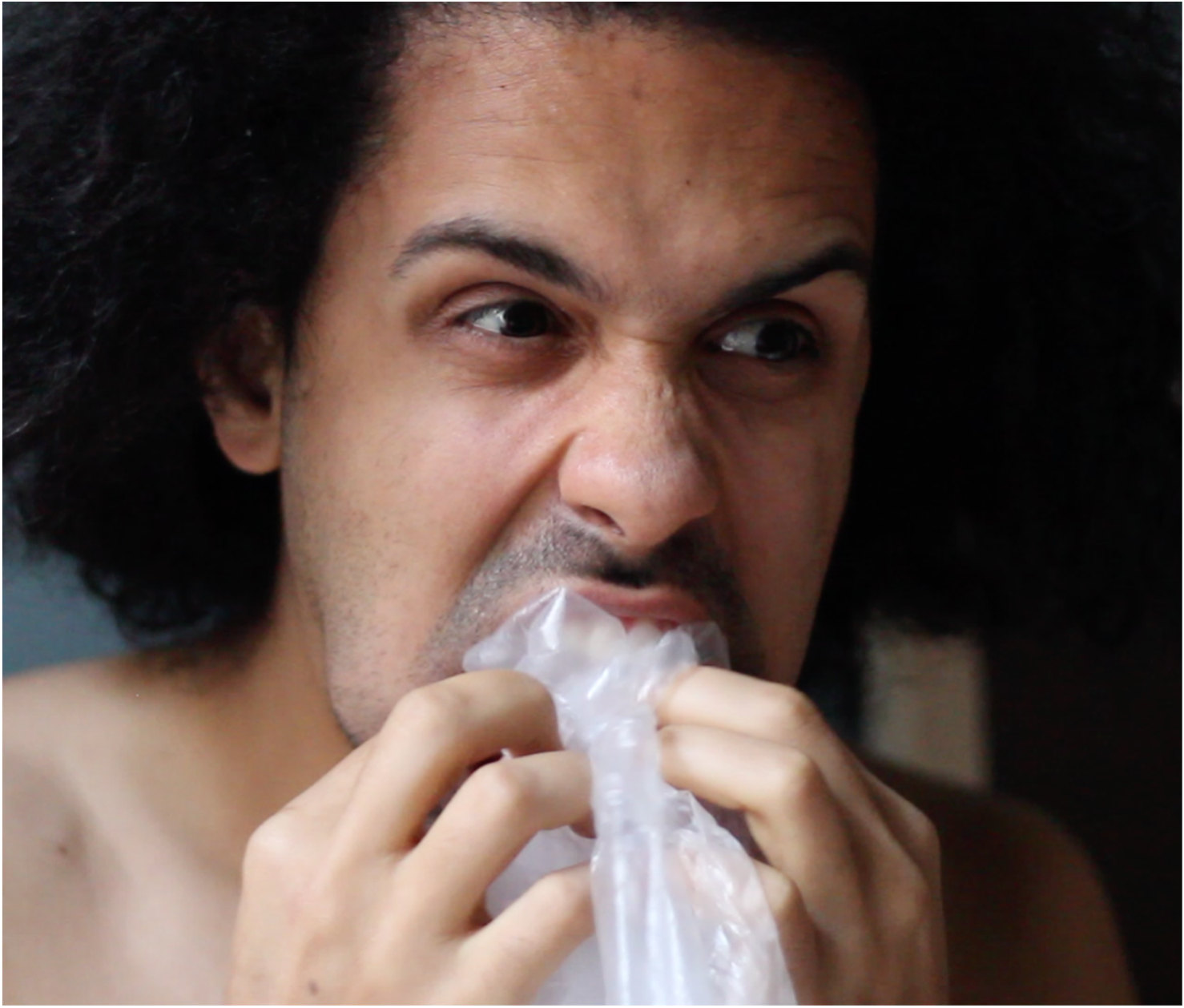
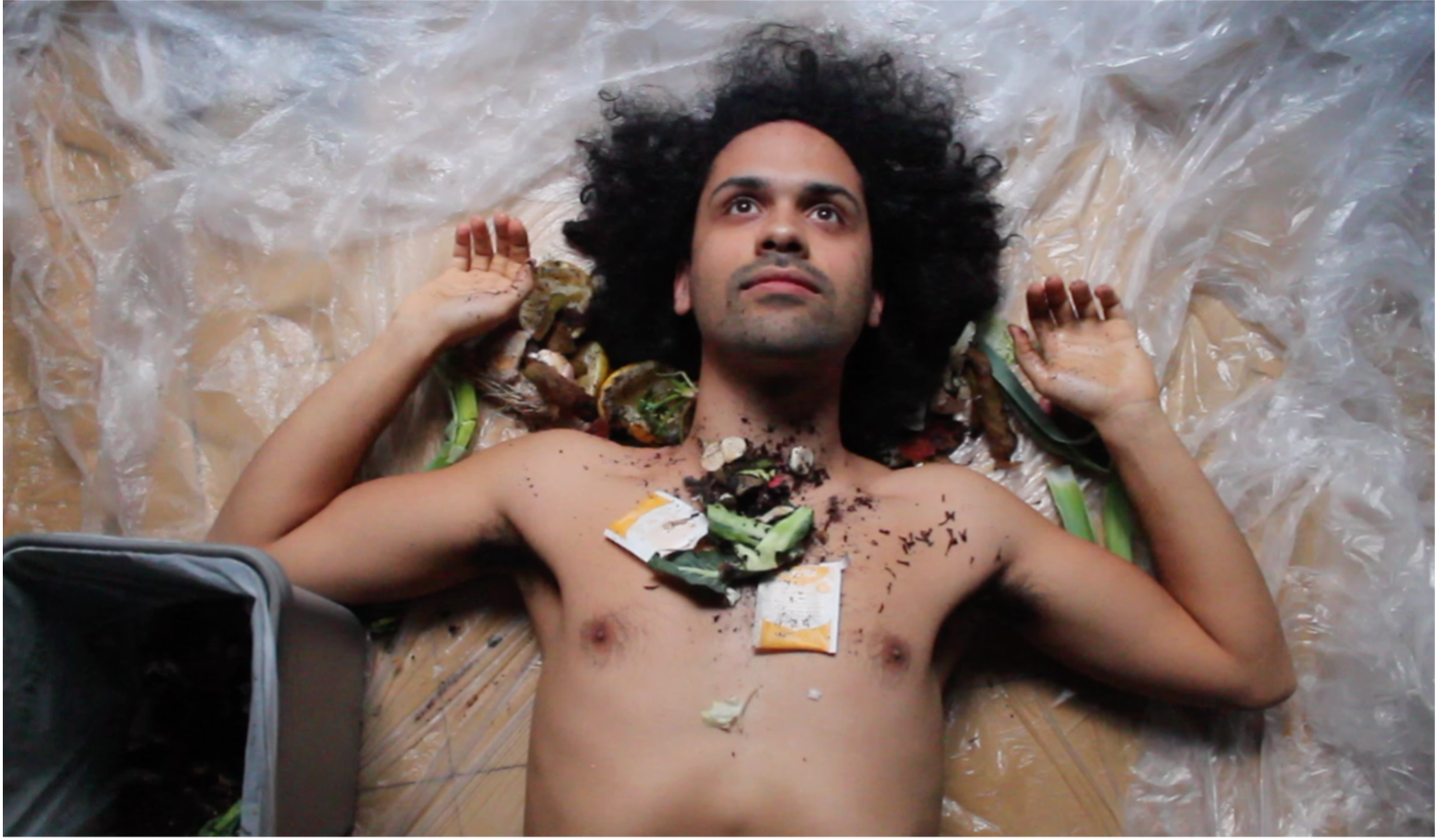
It’s seven pm. I throw the plastic packaging of the lentils in the general trash because they told me that here in Barcelona they separate the thinner plastic from the thicker one, even if I am still unable to completely grasp this difference. I close the mixed waste bag, and after dropping onions’ peels in the organic, I close that one too. I take them, one for each hand, and I start going down the five floors that are separating me from the entrance of my building. I open the door and I leave them there, between the doorstep and the street. Today that I came later than usual, my garbage is already enjoying the company of four more trash bags, even if from the container you can’t really say if they are mixed or organic. Honestly, they give me the impression to contain any sort of stuff, even recyclables.
While I adventure again on the multiple flights of stairs, I start reflecting that I left my rubbish. Not just, on a more trivial note of the geographic position, on the streets, but also from a relational point of view. I have abandoned them, I broke the bond with my trash.
From that precise moment in which I left it on the street with some other anonymous bags, from then on I won’t know anything about them. I can only imagine the garbage collectors who will stop in a couple of hours to pick them up and throw them rapidly in the truck, and then disappear in the intricate little roads of the historic centre. I’m wondering what’s going to happen next. Maybe the organic will become compost, but how and where remains a mystery to me. General waste will probably go to the dumpster. I’ve never even seen a real dumpster, but just what it’s called “ecological station”. It can also be that waste will be burned in incinerators. Who’s going to decide what to burn and what to put in the ground?
What to export? I know that something will be sent to the other part of the world, be it plastic, electrician residuals, metals or paper. Of course, I do recycle paper and plastic, but in the end, they are also abandoned, even if a little further from my house. That’s why, maybe, pictures coming from Malaysia, from Vietnam, from China, where I see literal mountains of waste, they scroll in front of my eyes as if they were unfamiliar. I do not recognise, I do not see, I do not distinguish them in that colourful mass which does not look like at all the stacked bags I find each day on my doorstep. And yet here they are, it’s them, but I know it just because I studied, I read, I am interested. In the pictures, some people are navigating through the unstable river, waste reaching their knees, they’re wearing gloves and a hat. Why are people distant thousands of kilometres from the door in front of which I left my garbage taking care of it?
